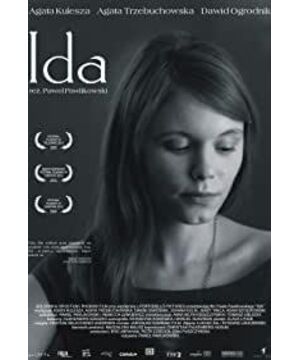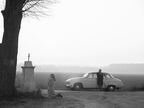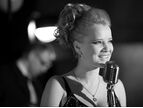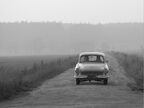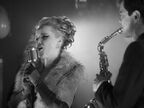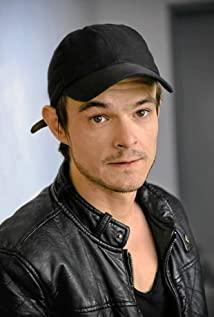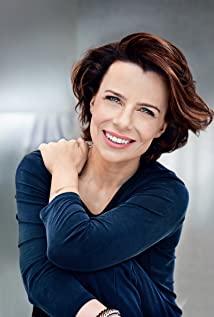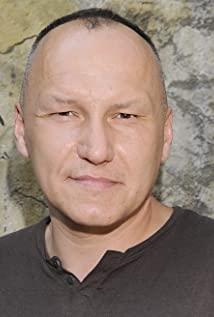Ada grew up in a monastery and always thought of herself as a monastic orphan. Before she vowed to become a nun, she was suddenly told that she also had an aunt, and she was asked to meet her and stay there as much as possible. In our words, the donor, you have no fate in the world, you can't escape into the empty door, you might as well go to the red dust. If one day you are sure you are ready, it is not too late to come back and dedicate yourself to the Lord.
Ada's aunt was a guerrilla when she was young, nicknamed "Wanda Red Hair." She smoked, drank, and fished for Kaizi, killing people without blinking an eye. Even now she is a judge of the National High Court. These bad habits have never changed. It's no wonder that the first meeting between the two was extremely unpleasant. Ada decided to go back to the monastery that night, and Wanda was also happy to save her mind. However, at the last moment, Wanda's family affection emerged, and Ada was taken home from the station. She took out pictures of her family and pointed them to Ada. Ada wanted to visit her parents' tombs, but as Jews, they died without even knowing where their bones were. So the two embarked on the road to find the remains of their relatives. The cruel history is turned over little by little. It turned out that the one who was killed along with Ada's parents was a little boy who was Wanda's son. At that time the little boy had grown up and had a distinctly Jewish appearance. It was the Polish peasant who did it. After killing the boy, he moved with pity and sent Ada, who was still an infant, to the monastery in secret.
As a country that suffered from humiliation and aggression during World War II, Poland also had incidents of killing Jews. The power of this film comes from this tangle of historical identities. As a Jew, Ada became a Catholic nun, and the religious "twist" also aggravated the confusion of this identity. Even putting aside the weight of history, what makes it even more difficult for the girl Ada to choose is the confrontation between secular life and religious life. The iron-man-like aunt was overwhelmed after seeing the bones of her son, and finally chose to jump down from the window to the sound of music to end her life. At that moment, the girl Ada was returning from the monastery, and her heart was sprouted by the light kiss of the saxophone player. Although the history is dark as night, and the religion is Huang Zhong Dalu, she has her own life. She wants to live with her aunt, and maybe have a passionate love with the saxophonist. But when she arrived, there was only an empty room with an open window and a stopped record player.
We can see that despite the short time together, Ada still likes Aunt Wanda, and she loves her not only because they have the same red hair, but because they have the same fiery emotions. But reality didn't give her a chance. After her aunt died, she tried to understand her way of life, wearing high heels like her, smoking and drinking, and having sex with men. She wondered what her aunt's life was like, and finally she knew. The saxophonist pictured her a kind of earthly happiness, but Ada ended him with the question that would tear apart any fairy tale, "And then?" She chose not to live that way where history was broken. On a silent morning in Poland in 1962, Ada gently left her sleeping saxophone player, took her coat and luggage, and walked out the door. We don't know where she's going, back to the monastery? Why doesn't she take the car? Or should I go back to my parents' house? She will probably go back to the monastery. Maybe after all this, she also understands that God is not there, but after all, that is the way of life she is familiar with. As in 1900, Ada chose not religion, but ego.
◎This article was published on the Xiahua APP reading client.
View more about Ida reviews


